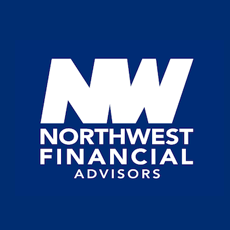The Most Common 401(k) Mistakes People Make
By Nikki Young, CFP®, Financial Advisor
An employer-sponsored retirement account is a vital part of your retirement planning picture. So it’s important to avoid making mistakes with these plans.
The most common mistake I see people make while they’re employed is not taking advantage of the full matching 401(k) contribution offered by their company (or the TSP for federal government employees). Matching contributions offer additional retirement savings. So, if your employer offers a match, it makes sense to contribute at least the amount your employer requires for the match.
Now more than ever, an increasing number of employers are offering Roth savings components to their 401(k) plans. The benefit of a Roth 401(k) is that the withdrawals you make in retirement will be yours to enjoy tax-free. If you have this savings feature available to you and you’re not taking advantage, you may be missing out on potential tax savings in retirement.
When people leave their employer, what I see most often is that people don’t know or fully understand their options for managing their old 401(k) or TSP. When you leave your job, there are four choices for these plans: Cash out, stay with the plan or roll it over into a new 401(k) or an IRA. When we don’t understand our options, the default is often to do nothing. If you stay with the plan, depending on how many times you change jobs, you could end up having to keep track of multiple accounts which makes it easier for one to slip through the cracks and be forgotten. If you cash out the account, it will incur taxes and penalties, depending upon your age. Neither is advisable because every dollar counts when it comes to a successful retirement plan.
A few suggestions for avoiding these mistakes with your employer retirement plan include:
- Review your benefits package to see exactly how much, if anything, your employer will match. Then increase your contributions to at least that amount if you’re not already there.
- Check your 401(k) plan documents to determine if a Roth 401(k) option is available to you. You can determine how to shift your contributions from the traditional pretax bucket to the Roth post-tax bucket, or you may be able to contribute to both.
- For old 401(k)s or TSPs, I recommend seeking the advice of a qualified financial professional who can review your specific situation holistically and assist you with making the best decision for your retirement needs.
If you need advice on retirement income planning, I’m available to meet with you virtually, in our Herndon main office or our One Loudoun office. Click here to schedule a complimentary, no-obligation consultation.




